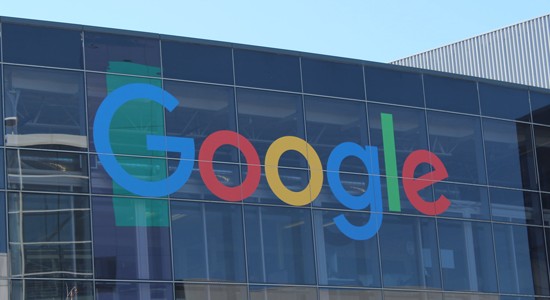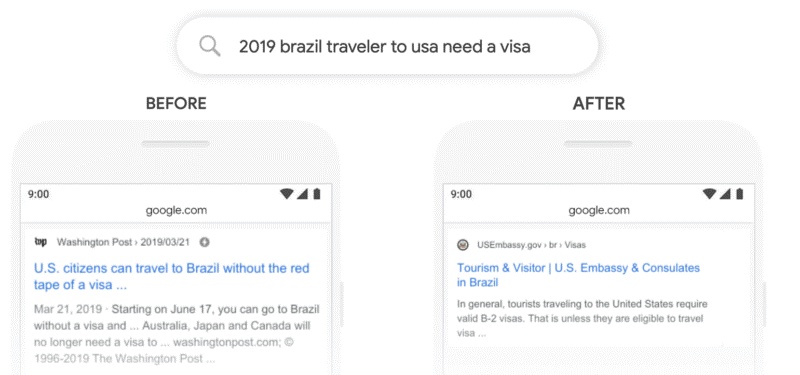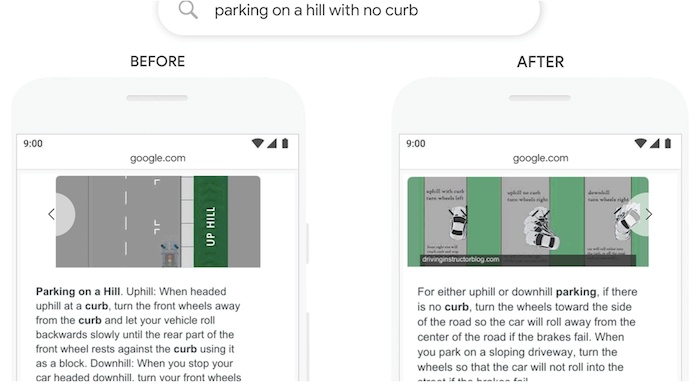
Google has announced the biggest change to its search algorithms for 5 years – and it’s called BERT. The Bidirectional Encoder Representations from Transformers update, or BERT, is designed to provide end-users with better results, by using context.
The update is based on the system used by Google devices to understand the natural language a speaker may use. The launch will take place on Google.com first and will affect searches in US English - before being quickly rolled out to the rest of the world.
AI & search
BERT uses AI to understand what people may be searching for. BERT has been given a series of millions of search queries – all of which are missing a phrase or word. Over time, as people search and engage with results, it will learn what the end-user is searching for.
Google says that it does not think the update will affect all searches and that human coded algorithms and their teams will be monitoring how the system works.
What does this change mean for SEO?
This update is great news for end-users – as the purpose of it is to make searching easier and smarter. From an SEO point of view, as with all updates, it’s hard to say how this will affect a website’s rank – until it is launched.
This new update is not that dissimilar to what most SEOs are trying to do now – focusing less on individual keywords, and more on a searcher’s intent. As with RankBrain, there is no one way to optimise websites for BERT. Instead, sites and SEOs need to focus on creating content and pages for searchers and customers. The focus is on writing content which matches a target users’ needs and intent – rather than content which is solely focused on keywords.
More content makes your website more relevant to the natural search language BERT is trying to understand.
Google has provided some examples of how BERT will work.
If we look at this search query:
“2019 brazil traveller to usa need a visa”

An important word in this query is ‘to’. Google needs to understand the importance of this word in the phrase to be able to show the right results.
BERT should also help to improve featured snippet results – as it’s better at understanding the context of a search. For example, the featured snippet below shows that after BERT, Google was able to display an image which provides a better answer to the search query.

Will BERT replace RankBrain?
BERT is different to RankBrain, and therefore – won’t replace it. Both systems are designed to provide better search results by trying to understand a searcher’s needs using context. BERT is another addition to Google’s portfolio of search algorithms and systems.
What do I need to do following the BERT update?
As with all Google updates – the first step is reviewing what affect the update has had. This means reviewing search traffic in the coming weeks and measuring the impact of the update.
As an SEO agency, we monitor client sites regularly and check specific metrics to monitor the effects of changes like this. In particular, for BERT – we’ll be focusing on reviewing landing pages and the search traffic they receive.
If you would like to discuss the Google BERT update or SEO in general – don’t hesitate to contact us.

